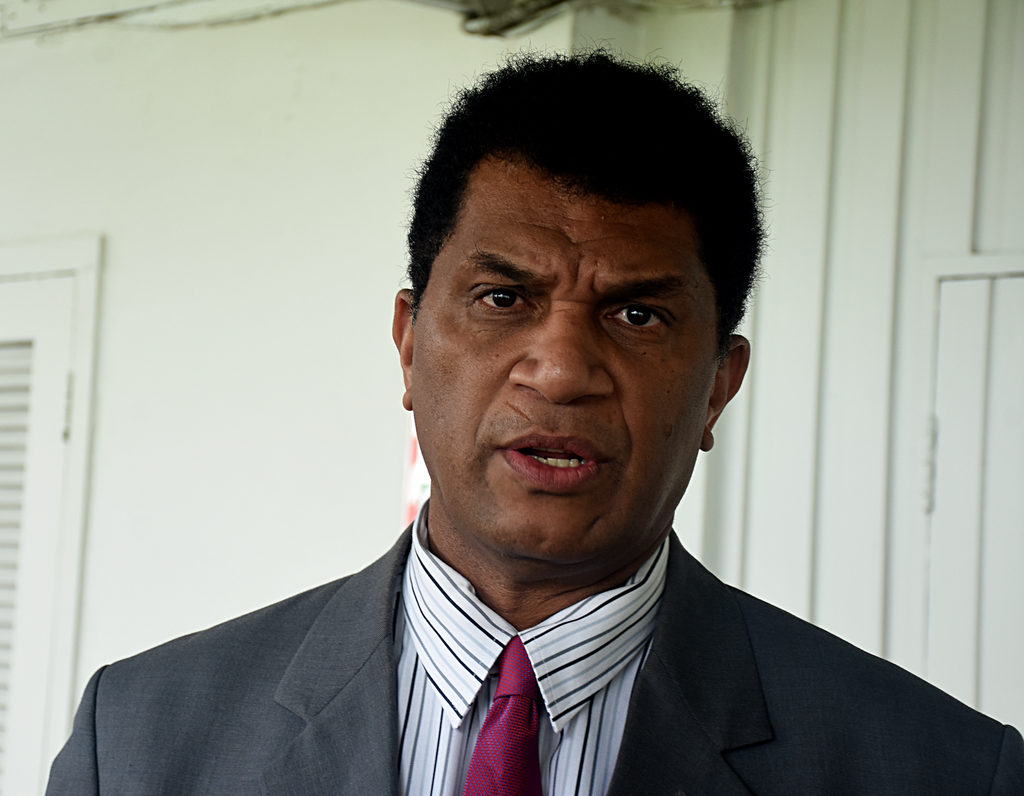The revelation that students in Lautoka and Suva are not legally required to attend school under the compulsory education laws enacted 28 years ago will attract attention.
This was revealed during a presentation last week at an internal stakeholder’s workshop on the Review and Reform of the Education Act of 1966.
During the presentation, we learnt the compulsory education regulations were limited in their application.
Under the Compulsory Education Regulation 1997, 1998 and 1999, only seven out of Fiji’s nine education districts were covered by compulsory education laws — Lautoka and Suva were not included in the original orders issued under Section 28 of the Act.
Now that is interesting because we have taken it for granted that every city and town was covered. A lot of people assumed that, and it was unfortunate this was not clarified. So, the next question is what was the rational behind this development and who decided that only two places were exempt. Why would that even happen?
Section 28(1) of the Education Act states: “The minister may, with the consent of Parliament, by order, specify any area or areas of Fiji in which all children of such age or ages as may be specified in such order shall be required to attend a school.”
Now this clause allows for compulsory education to be implemented selectively rather than imposed nationwide. Well, someone and some people should have clarified this. Like ages ago! Imagine the frustration and sense of doubt and maybe in some families, a sense of fear was evident. It may have affected families in different ways. And that would have been frustrating indeed.
Education Minister Aseri Radrodro acknowledged the issue and noted the need for a comprehensive review of the Act. That is a good start!
There must be a review, he said.
The intent of the Act at the time, in 1966, he said was about promoting education as a platform for the people of Fiji, which he feels has evolved.
He pointed out what he said was the evolving nature of the education system that currently involves more than 200,000 active students. He also highlighted ongoing efforts such as the TVET and Matua programs which are aimed at re-engaging students.
Discussions, he said, were ongoing regarding the empowering of education officials to improve student attendance and reduce the school dropout rate.
He also raised the importance of research to see that the responsibility of educating a child rests with their parents.
That makes sense. It is the responsibility of parents and guardians to do that anyway, educating their young charges, so it is good that there would be a review initiated by the minister.
“Maybe it’s time to empower the Ministry of Education and its officials through the heads of school, through the teachers, to ensure we’re empowered to get the students to school, rather than currently where we’re only empowered within the school vicinity.”
The workshop brought together teachers, ministry officials and education stakeholders to identify gaps and outdated provisions in the existing Education Act.
We have always said that any effort to improve the education of our children is important. It means we are placing value on an important part of their education and growth. It empowers them and will benefit the nation. That in the end, is what we should be striving for. But there are still questions that need answers! We need to be aware of what’s happening around us!



